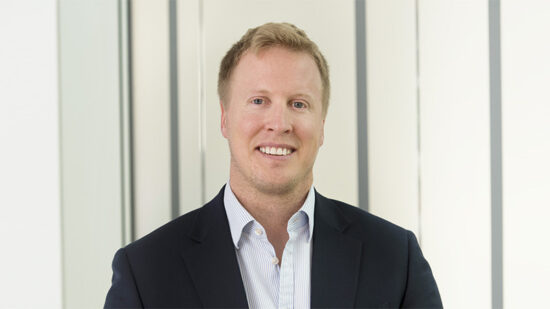In a letter to advisers, Aviva has highlighted a number of “challenges” facing the Invesco Perpetual UK Equity Income Funds in terms of “future performance and investment management”.
While the group is quick to point out that the three Invesco funds, now managed by Mark Barnett, have not failed its performance criteria, it said: “the manager change from Neil Woodford to Barnett was a significant event.”
Calling the change in manager a “truly unique occurrence” as a result of Woodford’s stature, it told advisers: “The task that Mark Barnett is faced with [replacing Woodford] is very significant.”
Aviva went on to add that the fund as it now stands is likely to provide investors with a different proposition to the one they would have received under the previous manager.
The first reason for this, Aviva said is that because a number of the investment personnel that helped run the fund under Woodford followed him to his new venture, the team behind Barnett is “not the same as it was under Neil Woodford’s tenure”.
The second reason, Aviva posits is Barnett’s stated intention to run the fund in a similar way to how he ran his former fund, the Invesco Perpetual UK Strategic Income Fund.
“The past performance profile of Mark Barnett's UK Strategic Income fund since he took over in 2006 was significantly different to that of Neil Woodford’s funds over the same period… so investors are unlikely to get a continuation of what they experienced with Neil Woodford in the past. This could be positive or negative for performance, but will almost certainly be different” Aviva said.
In response to the letter, Ian Trevers, Head of UK Retail at Invesco Perpetual said: “Advisers are more than capable of forming their own views. Aviva have not met Mark Barnett since 2013, but their actions clearly confirm their continued support for Invesco Perpetual’s UK Equity Income Funds.
"Mark’s team is strong, stable and experienced, and has the backing and resources of a global firm. We are confident that Mark's value driven, long term approach, combined with Invesco Perpetual's world class investment culture and global resources, will continue to deliver the excellent long term results our clients have come to expect from us since we launched our first income fund in 1979."
The group was however, quick to reassure advisers that it has no intention of dropping the funds from its unit-linked pension fund range, possibly motivated by adviser reaction to a unilateral decision by Skandia earlier in the year to automatically switch clients from Invesco to the Woodford fund – a decision it later reversed.
Laith Khalaf, senior analyst at Hargreaves Lansdown said the letter was certainly unusual, but added that it the group did find itself in an unusual position as a result of the changes.
In a recent review of the performance of the two funds over the last six months, Khalaf said: “Woodford’s fund has got off to a flying start, returning 7.4% since launch, making it the top performing UK Equity Income fund over this period. Meanwhile his successor at Invesco Perpetual, Barnett, has also been flying high- returning 4.7% over the same period, making the fund the third best performing UK equity income fund.”
By comparison, according to FE Analytics the FTSE All Share has returned -0.5% and the average UK Equity Income fund has returned 0.7%.
“Both managers have posted significant outperformance, with Woodford coming out on top so far. However six months is an extremely short time to judge performance.”
Going back further, Khalaf said, since January 2006, Barnett has returned 126.3% for investors, while Woodford returned 119.4% and the FTSE All-Share 66.4%.
“Over this period, Barnett has just got the upper hand, though it is probably only fair to point out that for most of this period he was managing a much smaller amount of money which would have given him greater flexibility.”







